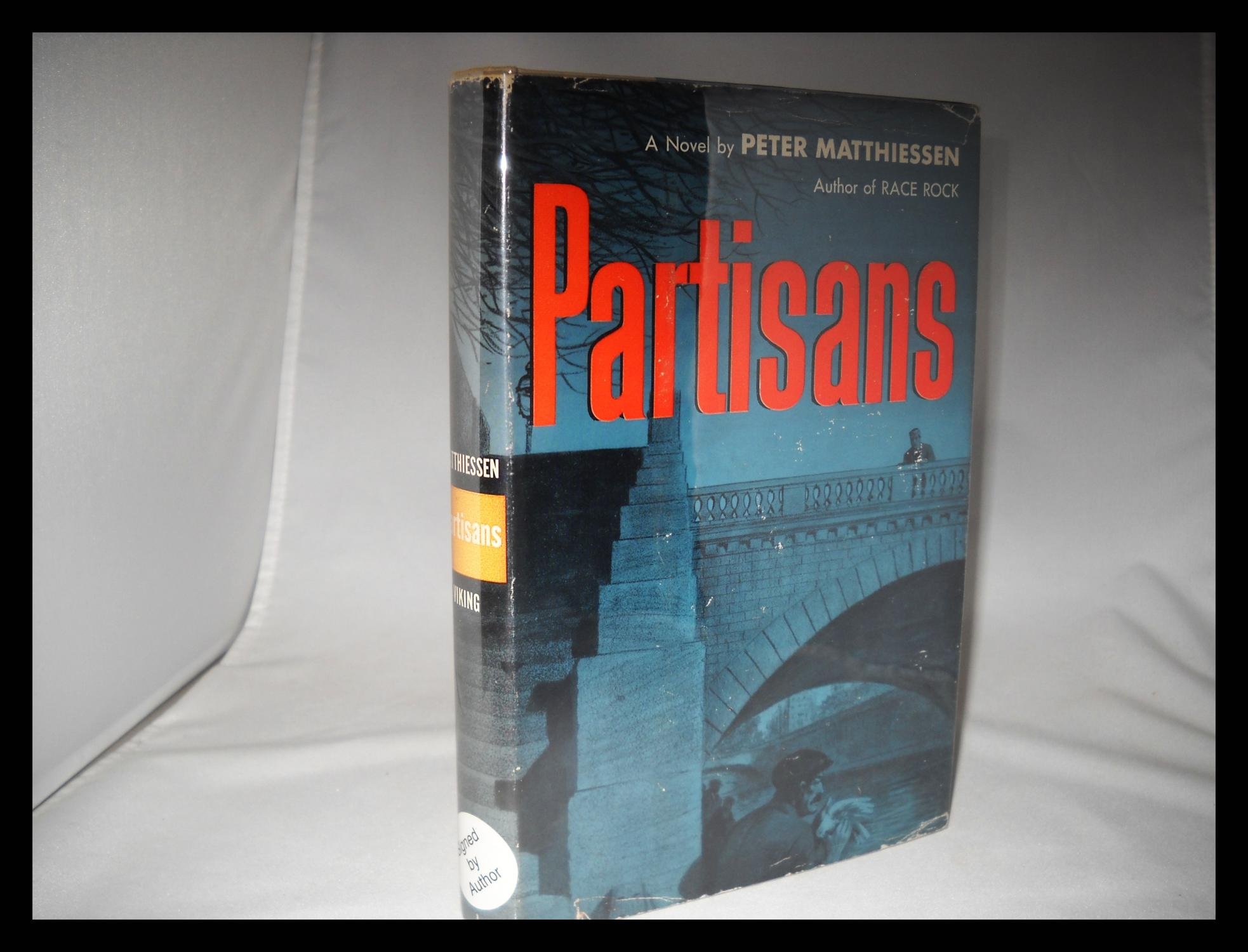What do you think?
Rate this book


Hardcover
First published November 12, 1987
"You live in a different world...Your family has money, sailboats, the whole business. They don't want anything to change except taxation. Neither will you. You'll accept the status quo, adapt yourself to it, even exploit it. But you won't want to change anything. That's the difference between your world and the real world, where everything needs changing.
"I'm not talking about you, I'm talking about your situation. It's just different, that's all. It's small and selfish, and it's dying, but you don't know that, and it's not your fault. It's the way you were brought up. You were trained not to know, not to see."
"We wanted to believe that human beings would rise to the high principles of a cause, and they do, as long as the cause is not in power. But once in power, principles soon become political weapons, and they are abused."
"You're trying to do your own thinking, just as I did, Barney. The Party is not for you, do you hear?"
